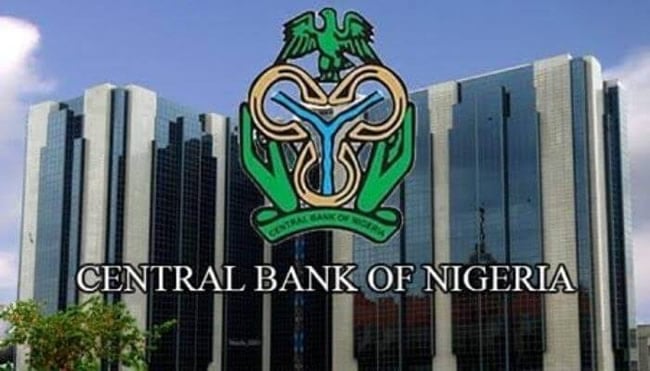In order to safeguard banking consumers, the Central Bank of Nigeria (CBN) has made a bold move by mandating that banks refund failed ATM transactions within 48 hours.
One objective of this initiative is to eliminate the pervasive inconvenience that Nigerians experience when ATM withdrawals fail but funds are not promptly returned.
The guideline mandates that banks respond promptly to ATM malfunctions by providing immediate refunds for their ATMs and an inter-bank ATM refund deadline of 48 hours.
Strict 48-hour refund deadline for failed ATM transactions
Suppose technological issues arise during “on-us” transactions, where consumers use their home bank ATM. In that case, the CBN’s new draft guidelines require refunds to be reversed immediately or manually repaid within 24 hours. Within 48 hours, “not-on-us” ATM transactions with other banks must be refunded.
This directive responds directly to repeated complaints about delayed refunds and poor customer service in the banking system.
Musa I. Jimoh, Director of the Payments System Policy Department, emphasised the urgency: “Customers must not be made to suffer for failed transactions caused by system errors or network failures”.
Banks must automate refunds and improve ATM safety
The CBN also mandates automation technology to automatically reverse failed or partial ATM transactions without customers needing to lodge complaints.
Additionally, banks are required to reconcile and return any customer funds held due to failed disbursements immediately. Beyond refunds, the guidelines overhaul ATM operations nationwide.
There are rules on ATM deployment, security with anti-skimming devices and CCTV cameras, and accessibility, including tactile symbols for visually impaired users. Banks must also ensure ATMs dispense cash before card return, provide free PIN changes, and comply with Payment Card Industry Data Security Standards.
This comprehensive reform is designed to restore customer confidence and ensure Nigeria’s payment infrastructure follows global best practices. Consumer protection against ATM transaction failures is entering a new era as banks are presented with a clear ultimatum to comply promptly or face regulatory action.
















